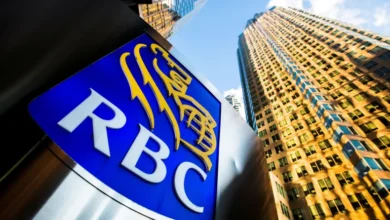Excitement over Threads fades but users return to app

Facebook founder Mark Zuckerberg has said his new social media app, Threads, is drawing more repeat users than he had expected.
The app attracted more than 100 million sign-ups within days of its launch this month in a challenge to Elon Musk’s rival platform, X, formerly Twitter.
But analysts questioned whether Threads would be able to keep people engaged.
Outside data firms have reported that sign-ups and time spent on the platform have declined since the launch.
Mr Zuckerberg said the initial success had taken executives by surprise and “we’re seeing more people coming back daily than I had expected”.
He said improving that engagement was the company’s focus now and success was not a “foregone conclusion”.
“We have a lot of work to do to really make Threads reach its full potential,” he said.
His remarks came as Meta, the parent company of Facebook, Instagram, and WhatsApp, reported a surge in advertising sales and solid user growth, with 3.07 billion people globally active on one of its apps each day.
The gains suggest Meta is emerging from last year’s slump, when advertising sales fell in the face of increased competition, privacy changes from Apple and general economic weakness.
Meta said it raked in $32bn in advertising sales in the April-June period, up 11% from the prior year.
That was better than analysts had expected, with growth accelerating from the prior quarter.
Profits rose even faster, climbing 16% year-on-year to $7.79bn.
The results helped lift the firm’s shares in after-hours trade. The price per share has already more than doubled since the start of the year, as investors buy into Mr Zuckerberg’s campaign to cut costs and refocus the tech giant.
Meta said it employed about 71,469 people at the end of June, down 14% from a year earlier. It said the figure only reflected the impact of about half of the thousands of layoffs it has announced in recent months.
“There’s a lot to feel good about when it comes to Meta right now,” said Insider Intelligence principal analyst Debra Aho Williamson.
She said the company still had to navigate a weak advertising market and tough competition in advertising and artificial intelligence. Its virtual reality investments also have yet to pay off.
“These things will weigh on Meta in the second half of the year, but thanks to the momentum .. it will be in a stronger position to face those challenges,” she said.










